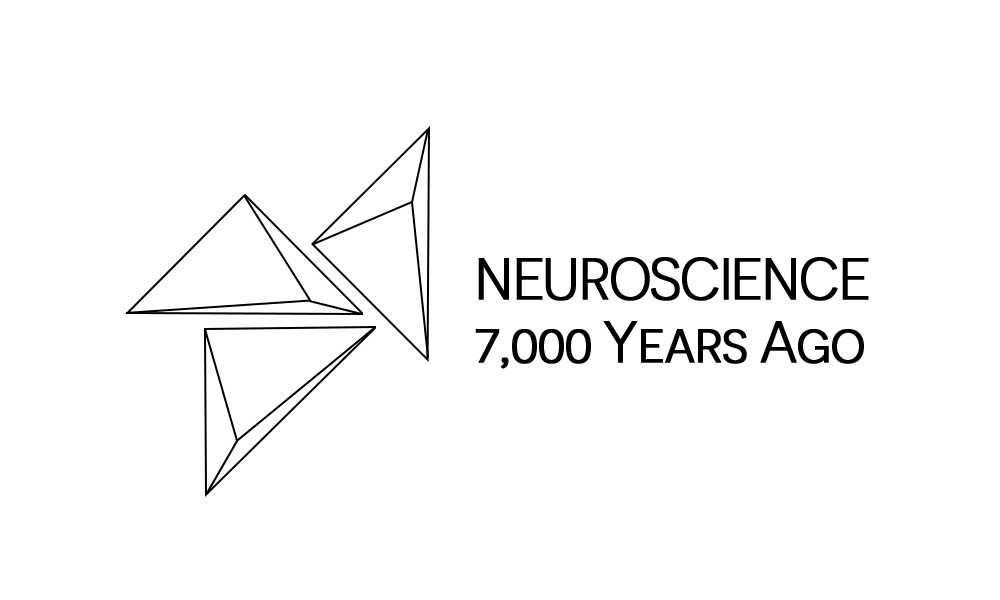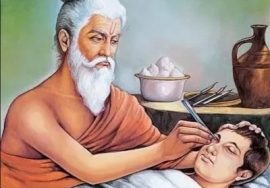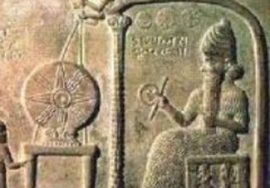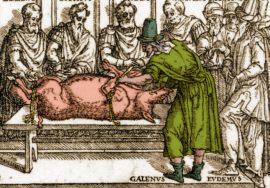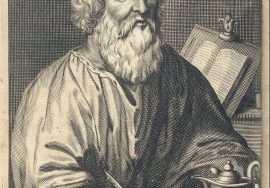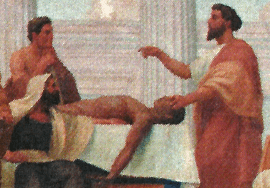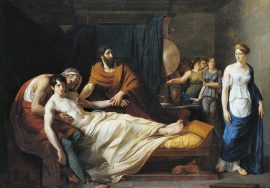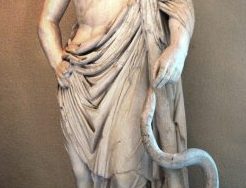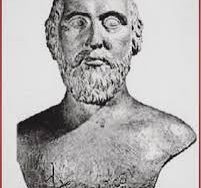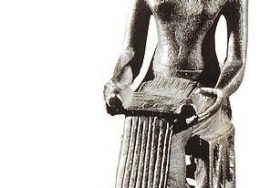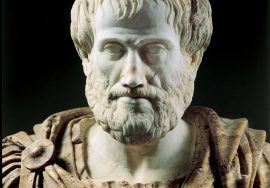
Ibn-Sina (Avicenna)
Avicenna (Ibn-Sina; 980-1037) is considered as a father of modern medicine (Figure 1). It was he who first recognized ‘physiological psychology’ for the treatment of illness involving emotions. He was a pioneer in psychophysiology and psychosomatic medicine, developing a system for associating changes in the pulse rate with inner feelings. This idea was in anticipation of the word-association test attributed to Carl Jung [1]. Moreover, Avicenna was also a pioneer of neuropsychiatry as he first described numerous neuropsychiatric conditions, including insomnia, mania, hallucinations, nightmare, dementia, epilepsy, stroke, paralysis, vertigo, melancholia and tremors [2].
George Sarton, father of the history of science, wrote in his famous book, The Introduction to the History of Science: “One of the most famous exponents of Muslim universalism and an eminent figure in Islamic learning was Ibn Sina, known in the West as Avicenna (981-1037). For a thousand years he has retained his original renown as one of the greatest thinkers and medical scholars in history. His most important medical works are the Qanun (Canon) and a treatise on Cardiac drugs. The ‘Qanun fi-l-Tibb’ is an immense encyclopedia of medicine. It contains some of the most illuminating thoughts pertaining to distinction of mediastinitis from pleurisy; contagious nature of phthisis, distribution of diseases by water and soil; careful description of skin troubles; of sexual diseases and perversions, of nervous ailments”.
References:
1 Syed, I.B.: ‘Islamic Medicine: 1000 years ahead of its times’, Jishim, 2002, 2, pp. 2-9
2 Safavi-Abbasi, S., Brasiliense, L.B., Workman, R.K., Talley, M.C., Feiz-Erfan, I., Theodore, N., Spetzler, R.F., and Preul, M.C.: ‘The fate of medical knowledge and the neurosciences during the time of Genghis Khan and the Mongolian Empire’, Neurosurgical focus, 2007, 23, (1), pp. 1-6
